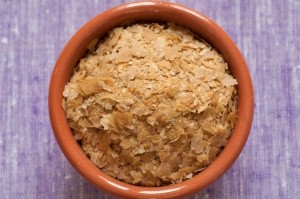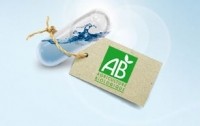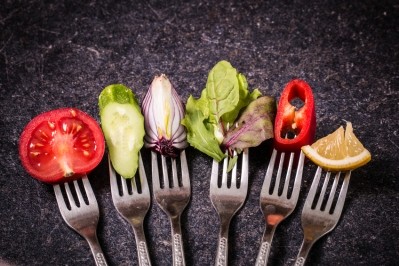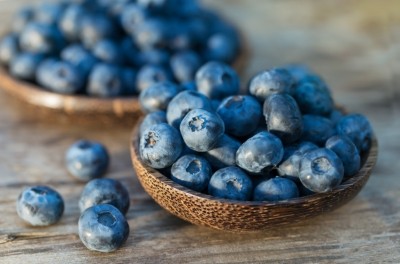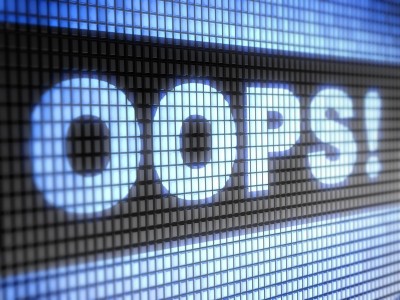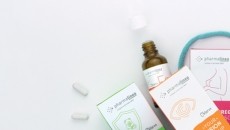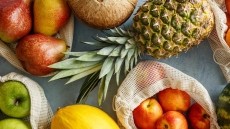dispatches from fie 2015
Organic supplements: The future or a niche within a niche?
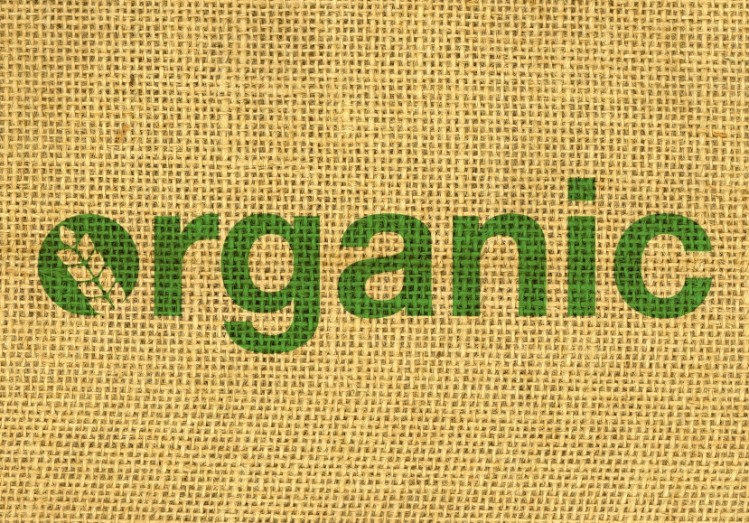
Demand for organic food and drink slowed in the immediate aftermath of the economic recession, but has since recovered in leading Eurozone economies and the US bringing in retail sales of $16.7bn (€14.8bn) in 2014 in Europe, according to Euromonitor International data.
French firm Lesaffre Human Care (LHC) is hoping to tap into this market with the launch of an Ecocert organic version of its nutritional yeast.
This will be the first certified organic nutritional ingredient within LHC, the human care business unit of Lesaffre founded in 2007.
However talking with us this week at the industry event Food Ingredients Europe (FiE), LHC marketing manager Sandrine Cuisenier said organic was only likely to hold weight with consumers for certain kinds of supplements.
A question of priorities
Organic was relevant for yeast because of its link back to the whole food of bread and because of the target audience of health conscious consumers looking for a vegan source of protein, vitamins and minerals, she said.
In the EU 100 g of the Lynside ingredient could claim to be a high content of protein (50%), B vitamins (B1, B3, B5, B6 and B8), potassium, phosphorus, magnesium, iron and zinc as well as a source of calcium.
“The yeast has the image of good, traditional foods because it’s known since a really long time. And on the other hand the consumer thinks organic foods are healthier and safer so the combination of the both of them is very relevant.”
According to a Mintel report published in October, buying organic for the millennial generation – defined largely as those born between the early 1980s and early 2000s – was about identity and values.
“For many millennials, buying organic helps communicate their values to the world, and organic brands should endeavour to help them do so,” wrote food and drink research manager Sarah Theodore.
Meanwhile Cuisenier said organic versions of its probiotic ingredients were not on the cards since consumers were unlikely to look out for organic credentials when it came to probiotic strains. Here the consumer priority would more likely be efficacy.
Organic growth
Cuisenier conceded organic supplements overall were still a niche area.
“The market for [organic] food is higher than for supplements. I think it’s more important for people for people involved in food and functional food to have organic than for supplements at the moment.
“For supplements it’s more of a niche but there are companies whose business is dedicated to organic supplements like the French company Super Diet. But it’s mainly from botanicals.”
Yet according to a separate Mintel report by global research manager for beauty, personal care and household, Michelle Strutton, growth recovery in organic food and drink sales has been met by an upturn in development of organic vitamin and mineral supplements.
Organic VMS
“Launch activity surged in 2013, with organic claims reaching 8% of global introductions – the highest level in five years. Similar growth is evident in the related area of ‘all natural’ products, although there is little overlap between the two.
“Just one in ten organic VMS [vitamin and mineral supplement] launches since 2009 also claimed to be ‘all natural’, and there is considerable friction between companies with full organic certification and brands that claim to be ‘all natural’."
Somewhat surprisingly Strutton said growth in organic claims for VMS launches was lagging behind in the big organic food markets of the US, UK and Canada.
“The US accounts for a quarter of all organic VMS launched during 2009-13 while France accounts for a fifth. However, the US’ share fell back to just 13% in 2013, in spite of organic food and drink sales posting high single-digit growth."
Stamp of organic approval
LHC chose French-based organic certification board Ecocert, which Cuisenier called one of the most serious.
This means LHC will be subject to both overt and covert checks of its plants, which must now be completely separate from production lines to storage to transport for its organic and non-organic products.
The yeast is made from sugar, which must also be certified organic from a list of approved growers.
This was a challenge, says Cuisenier, when it came to finding the organic Latin American sugar.
“It was difficult to find a serious of organic sugar for sure.”
This also came at a price – with production costs for the organic yeast around four times higher than its 'conventional' counterpart.
The nutritional yeast was available as flakes to be added directly to foods or in a powder form which could be turned into supplement tablets.
The difference in production meant the organic version had a darker colour.
